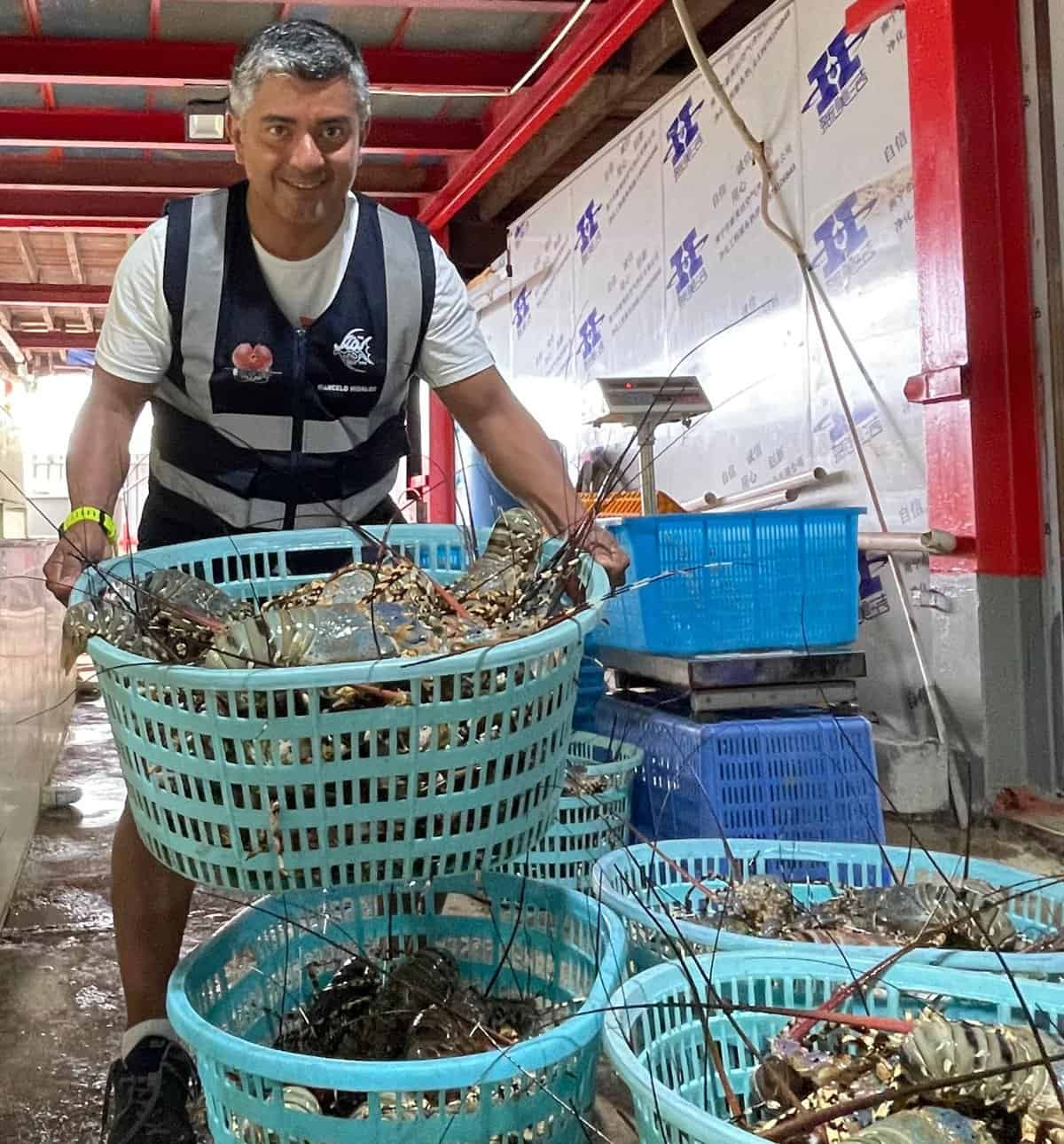After successfully meeting the commitments it has made around tuna fisheries sustainability, traceability and sourcing, the Papua New Guinea Fishing Industry Association (FIA) has similar ambitions for its mud crab fishery.
Presenting at the INFOFISH World Tuna Trade Conference in May, FIA Sustainability and Corporate Director, Marcelo Hidalgo described the organisation’s success in certifying both its purse-seine tuna industry and lobster fishery.
The recent Marine Stewardship Council (MSC) certification of its lobster fishery means Papua New Guinea is the first Pacific nation to achieve certification of a non-tuna fishery and a small-scale fishery. Papua New Guinea’s tuna industry received MSC certification in 2020.
The process towards certifying the mud crab fishery began in April of this year.
FIA’s Responsible Sourcing Policy underpins these efforts and has four pillars: sustainability, marine litter and fishing gear, social responsibility and crew welfare, and traceability.
FIA’s ambitions around sustainability and fisheries waste management also align with the Sustainable Development Goals. It has developed an ‘Assurance model’ to ensure it is balancing strategy, risk and control to meet its responsible sourcing policy objectives.
Noting that fishing has been consistently ranked as the deadliest occupation since 1992, FIA follows a due diligence process that provides for decent working and living conditions, provides safe and healthy working environments, maintains a low risk of accidents and injuries, and follows international best practice and standards. The Papua New Guinea fleet has attained FISH Standard for Crew certification, a process that took over a year’s due diligence and involved interviews with crew and review of their contracts.
FIA is also leading on traceability. Last year, Papua New Guinea’s traceability systems passed the interoperability test for the Global Dialogue on Seafood Traceability. This means its platform can transfer key data and that it meets United States, European and Japanese regulations.
It is now encouraging others in the supply chain; distributors and retailers, to align with these systems, so Papua New Guinea’s entire tuna fishery, from boats to end consumers, has traceability.
The industry has taken the bold step of sharing vessel monitoring system (VMS) data in real time. This has further increased transparency and traceability as most countries only share VMS data after a quarantine period of at least one week.
As for the future, FIA is also looking at a carbon neutral assessment.
FIA’s members include fishing and shore-based companies and operators in the tuna industry, prawn operators, beche-de-mer buyers and exporters, tropical rock lobster buyers and exporters, associated industries such as crew placement agencies and fisheries consultancies services, and provincial umbrella artisanal fishing cooperatives.
Certifying the artisanal small-scale lobster fishery
Efforts to sustainably manage Papua New Guinea’s small-scale lobster fishery are centred around the Torres Strait Protected Marine Area, which is co-managed by Papua New Guinea and Australia.
FIA aims to electronically track each lobster to the diver who collects it from the reef.
